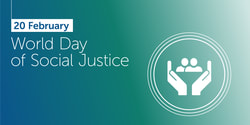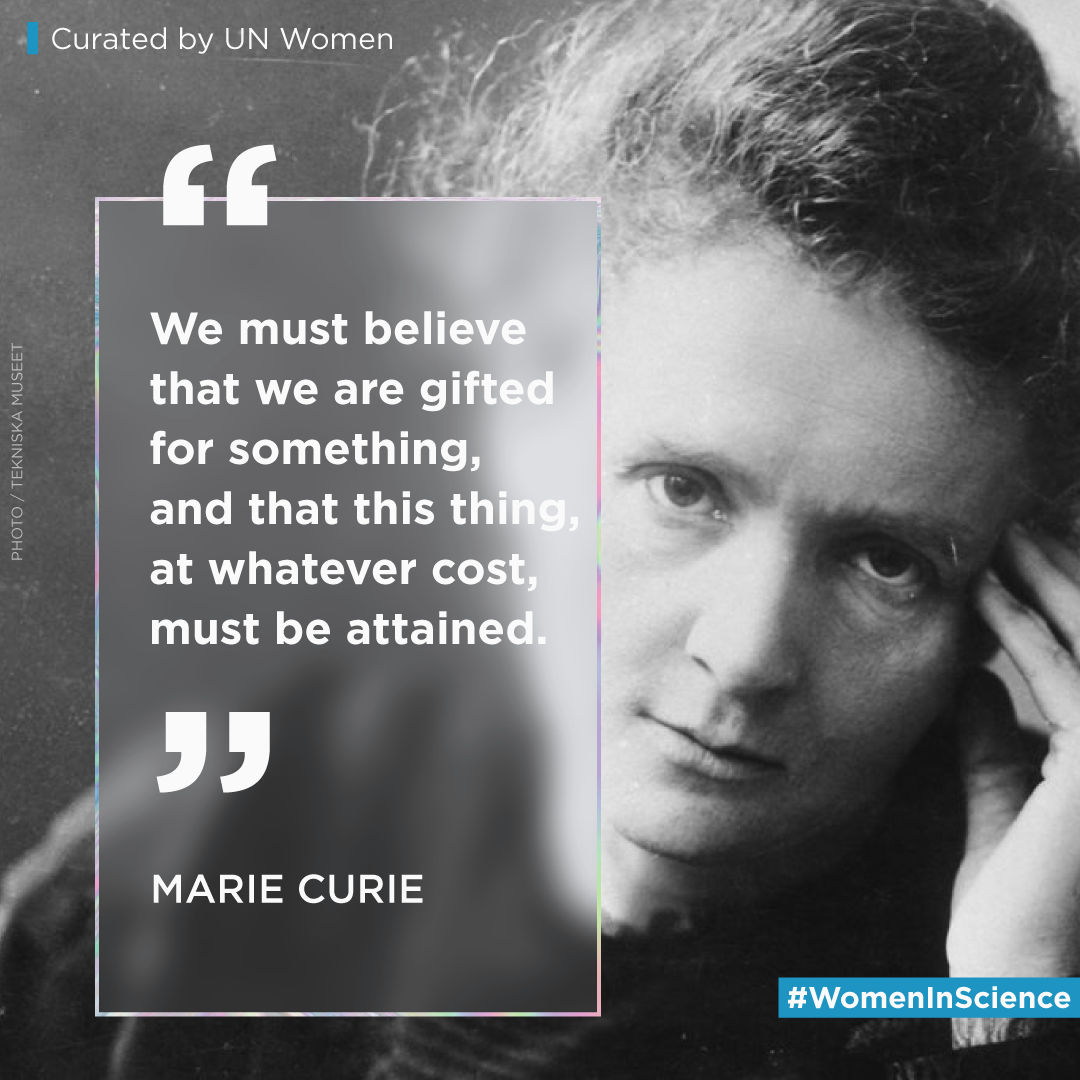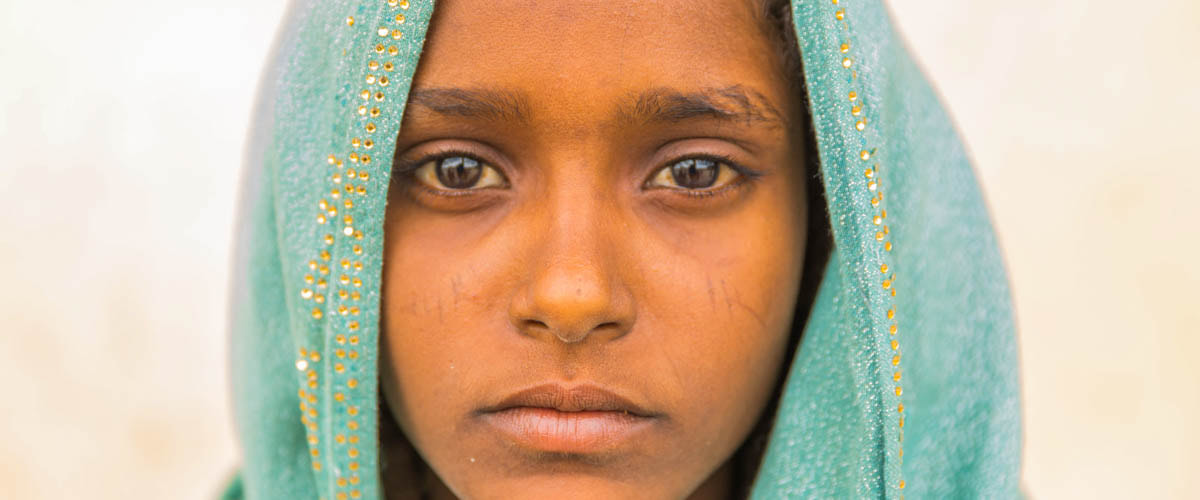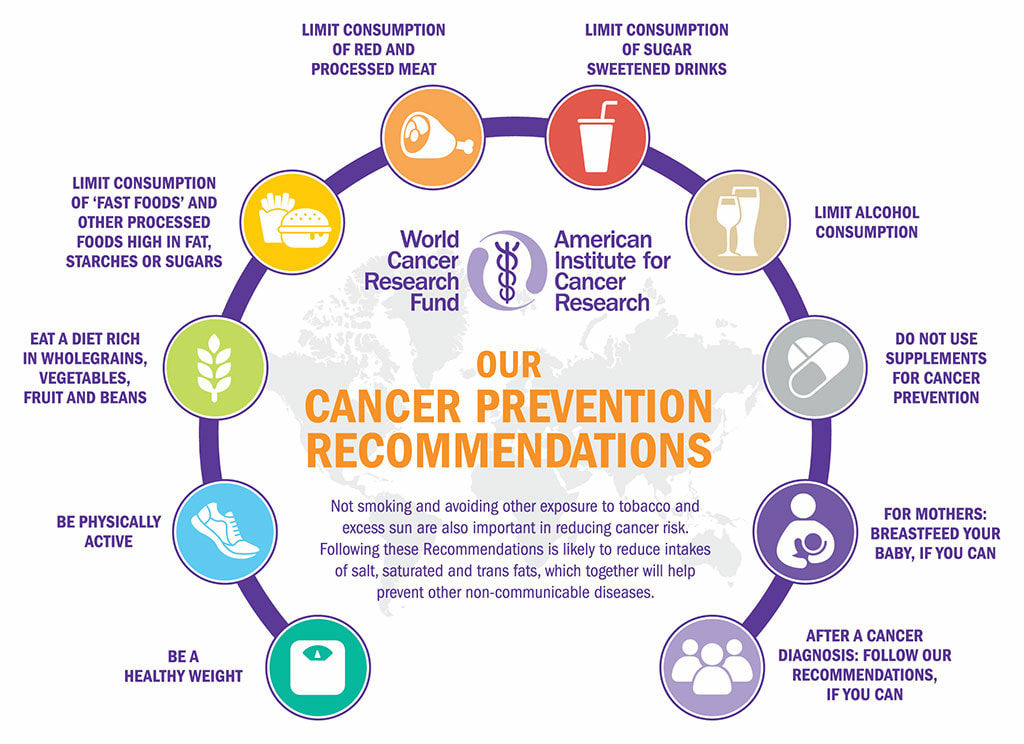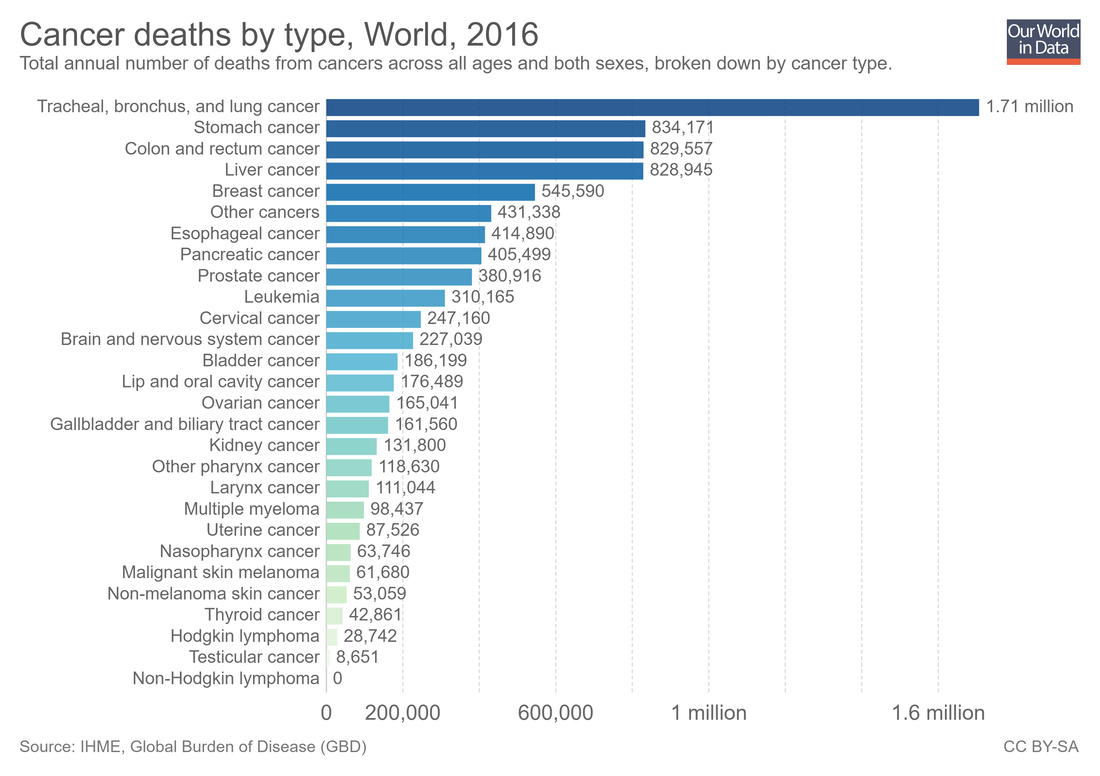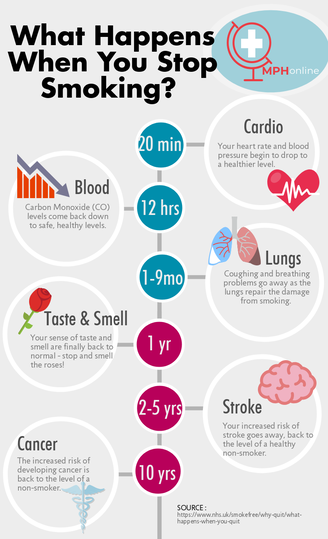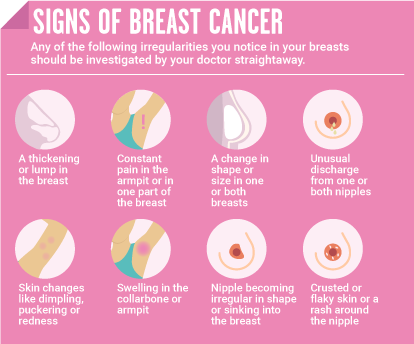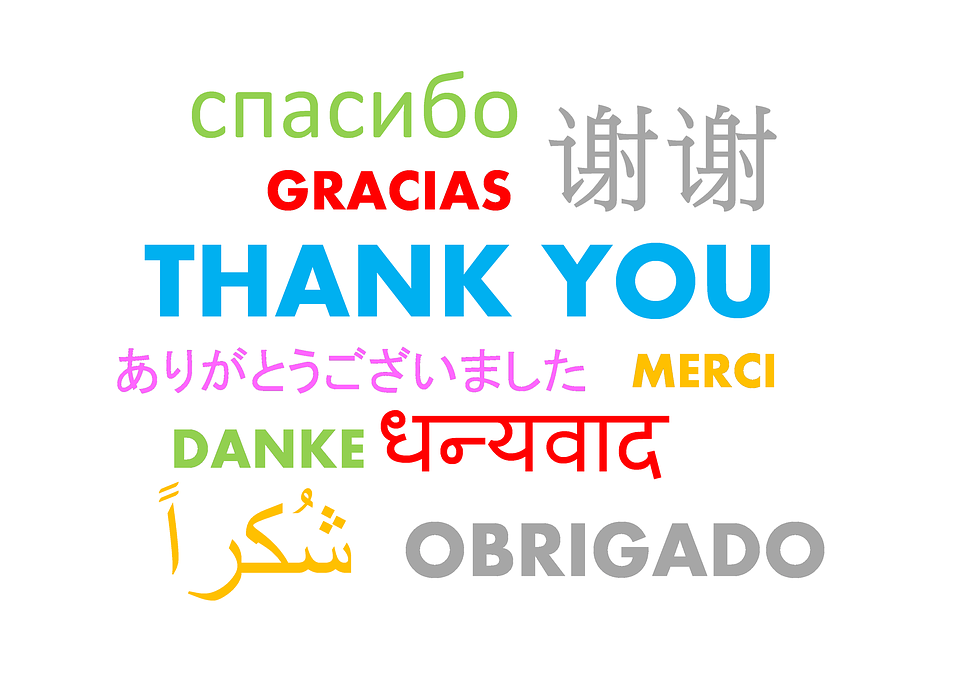
Despite giving a specific number does not seem achievable, it is calculated that there are around 7,000 languages in the world.
This would sound wonderful, if it were not for the fact that only 600 of them, approximately, have more than 100,000 speakers, what compromises their permanence on the medium term. Actually, to be more specific, about 2,000 of those languages have less than 1,000 speakers.
On the other hand, the languages with more native speakers are Mandarin Chinese, Spanish, English and Arab, and the languages with the most speakers (do not mistake for native speakers) are English, Mandarin Chinese, Hindi and Spanish, in that order.
According to Wikipedia, our long-time friend, ‘International Mother Language Day, is a worldwide annual observance hold on 21 February to raise awareness of linguistic and cultural diversity and promote multilingualism.
It was Bangladesh who proposed it to the United Nations, arranging the date to match the anniversary of the fight for recognition of the Bangli Language happened in 1952.
This day has been observed annually for, as today, 19 years (since 2000), with different mottos each year, being the one for this year: ‘Indigenous languages matter for development, peace building and reconciliation’, as this is the year of the Indigenous Languages, according to the UNESCO.
Truth be told, as a Spanish native speaker myself, I have been told several times that English is the [only] language that matters, since business are done and deals are made in that language.
Should we delete all literature in other languages? Should we delete the culture beneath each language, the meaning of thousands, even millions of words, and the language we identify the most with, to just speak English in name of progression?
Don’t take me wrong, I think speaking English eases communication tremendously, and makes possible for people like me (who do not speak Greek whatsoever) to do an EVS here, or to a German person who does not speak Italian at all to carry out the same program in Italy.
It is just that I think no one should renounce to their mother language, even if it has as many as 1,000 speakers. In Spain people from secluded areas have a strong conviction about this and speak languages such as ‘leonés’ or ‘aragonés’ on top of speaking Spanish.
For all these reasons, such as boosting linguistic and cultural diversity, spreading out our mother tongue or inspiring solidarity based on understanding, tolerance and dialogue, it is important to hold this annual observance.
For this, and much more: ¡Feliz día de la lengua materna!
Alba San Juan Gudiña
Sources:
https://en.unesco.org/events/international-mother-language-day-2019-opening-event-unesco-hq
https://en.wikipedia.org/wiki/International_Mother_Language_Day
https://en.wikipedia.org/wiki/List_of_languages_by_number_of_native_speakers
